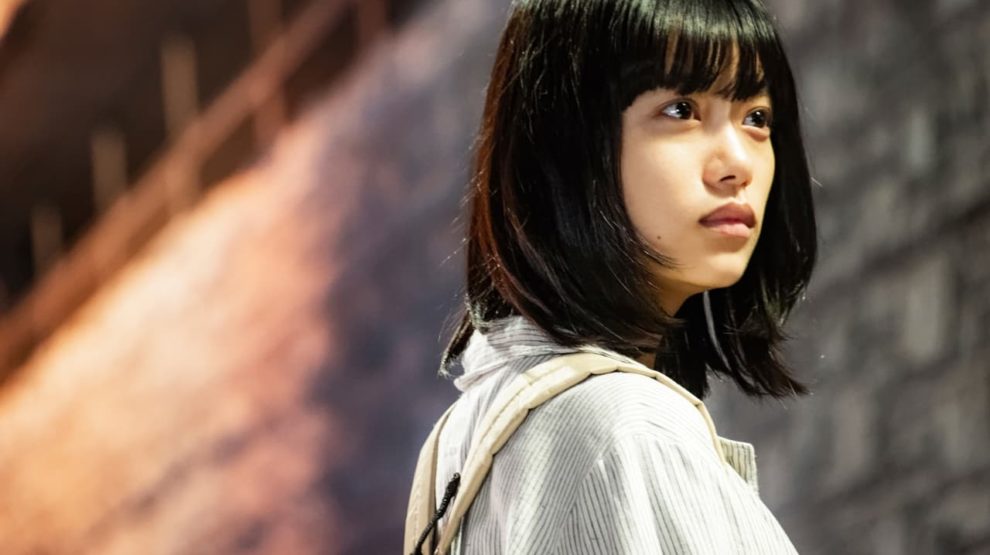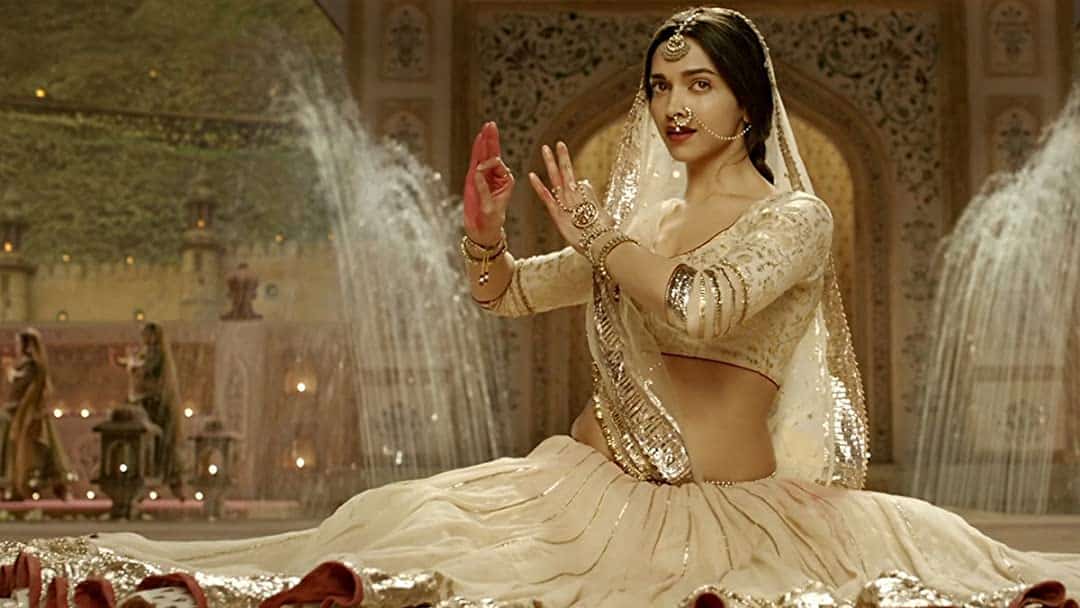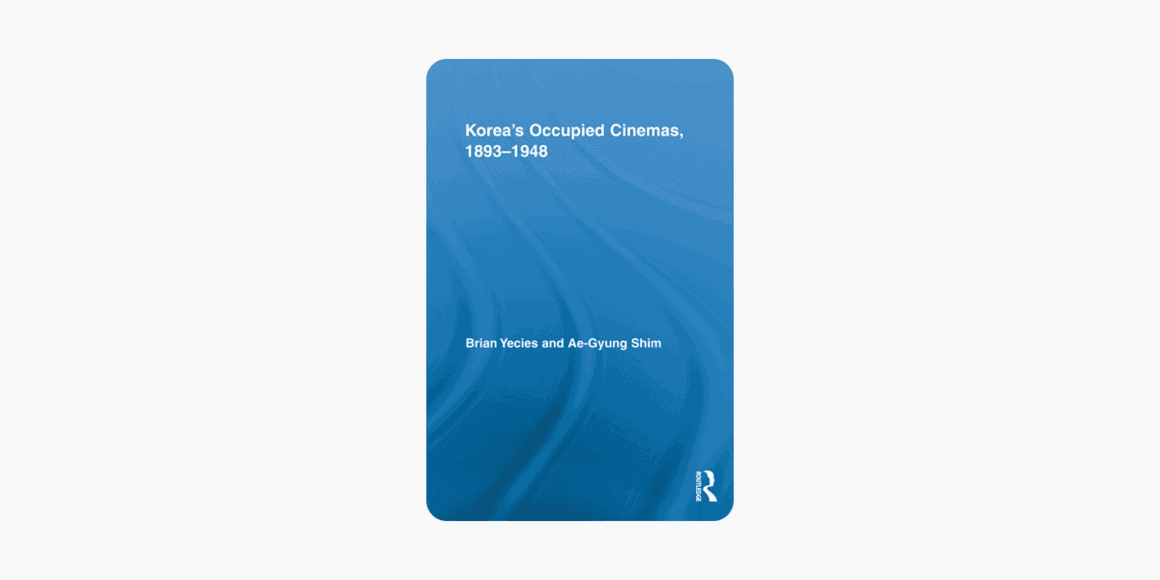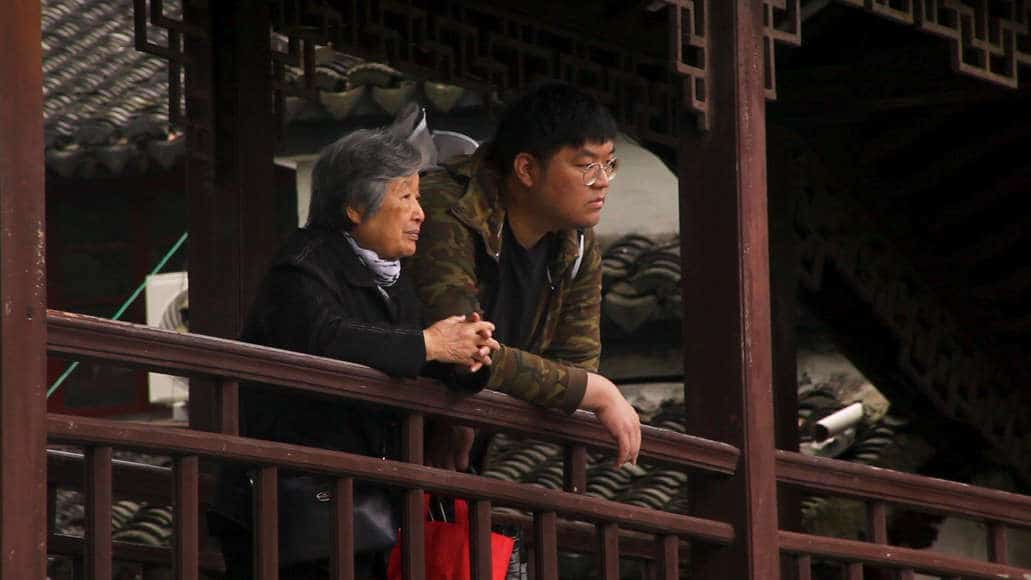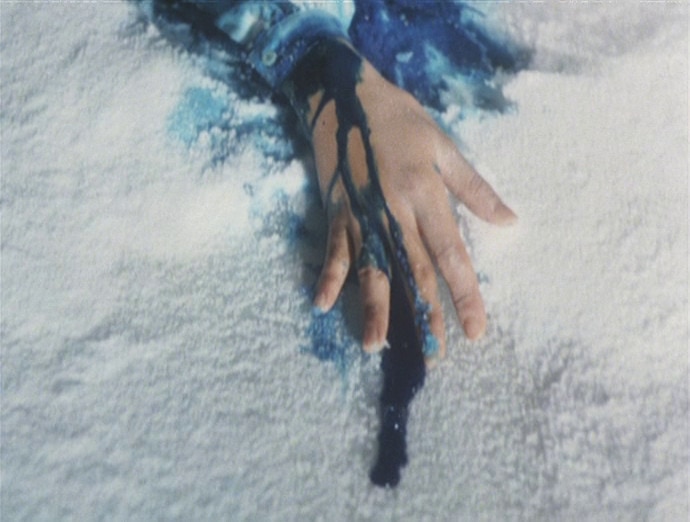Immigrating into another country or simply moving from one place to the other is mostly connected with the idea of starting new, of finding a new home and eventually even becoming the person you always wanted to be. While some of these ideals may sound far-fetched and a bit corny, the concept of another country representing the “promised land”, which is a phrase usually associated with the USA, becomes more universal, especially perhaps in a globalized world where every move may be considered an opportunity. The fact these promises can be fatal is one of the themes Japanese director and writer Takahisa Zeze has explored in many of his features, such as “Moon Child”, “Raigyo” and “Heaven's Story”. In his feature “The Promised Land”, which was already finished in 2019, Zeze, who write the script based on a novel by Shuichi Yoshida, deals with the concept of the “promised land” and its darker undertones, combining the story of a mysterious disappearance with the devastating effects of a circle of suspicion and anger.
The Promised Land is screening at Nippon Connection

When a young girl disappears on her way from school, the citizens of a small town in rural Japan all help to search for her, but without any success. Without any actual lead on the suspect, the police only has the vague description of a car from Tsugumi, the girl's friend, who walked with for a little while. Twelve years later, the girl's family, especially her grandfather Fujiki (Akira Emoto) stil has not given up hope of finding her with large posters and “missing”-signs all over the area where she was seen last and her school backpack was found. Meanwhile, Tsugumi (Hana Sugisaki) has left her hometown, working in a vegetable market in Tokyo, when she is asked to participate in a celebration which she hesitantly accepts.
Her return coincides with another disappearance which shows a lot of similarities to the events twelve years ago. However, this time the citizens decide on the awkward and introverted Takeshi (Go Ayano) as the culprit as his behavior during the search years ago struck some of them as strange. As the angry mob gathers around the supposed culprit, with catastrophic consequences, we also follow the story of Zenjiro (Koichi Sato), who has moved into town to take care of his parents and has proposed a lucrative business idea for the town elders, and, because of misunderstandings, also becomes the target of hatred and aggression.
While many contemporary features dramas from Japan tend to show the rural side of the country in a more positive light, Takahisa Zeze seems to go in a very different direction. In “The Promised Land” he combines aspects of family drama and thriller, in an approach which can perhaps best be compared to Bong Joon-ho's “Memories of Murder” or Thomas Vinterberg's “The Hunt”, also for its inclusion of the aspect of time. The images of cinematographer Atsuhiro Nabeshima highlight the idyllic aspects of the small village and its surroundings, albeit always with a dark notion or an air of isolation. When Tsugumi heads home, driving her bicycle on a road through the rice paddies, the audience understands her sense of panic and fear, especially when suddenly a van appears, which seems to follow the young girl. Indeed, the unsolved crime has caused these feelings, which have laid the foundation for the fatal mixture of suspicion and gossip which incidentally focuses on those who have never truly fit in, outsiders such as Takeshi and later on Zenjiro.
Although at two hours his feature is quite long, Zeze uses his time wisely in following the problematic dynamics within the townspeople, resulting in heated arguments and, in the end, gruesome violence and injustice. Much like the crime itself, this level of escalation and trauma affects the town, as indicated by the various characters the narrative follows, with Tsugumi attempting to escape her memory and Fujiki's grief being the source for some of the most terrible acts of violence in the movie. Even those seemingly without any connection to the crime, such as Zenjiro, fall prey to this climate of fear which will not rest until the mystery has been solved.
In the end, “The Promised Land” is a very interesting and well-executed blend of thriller and family drama. Takahisa Zeze and his team follow a cycle of violence starting from the disappearance of a girl to its disturbing conclusion, exposing a fatal dynamic of suspicion, violence and fear.


